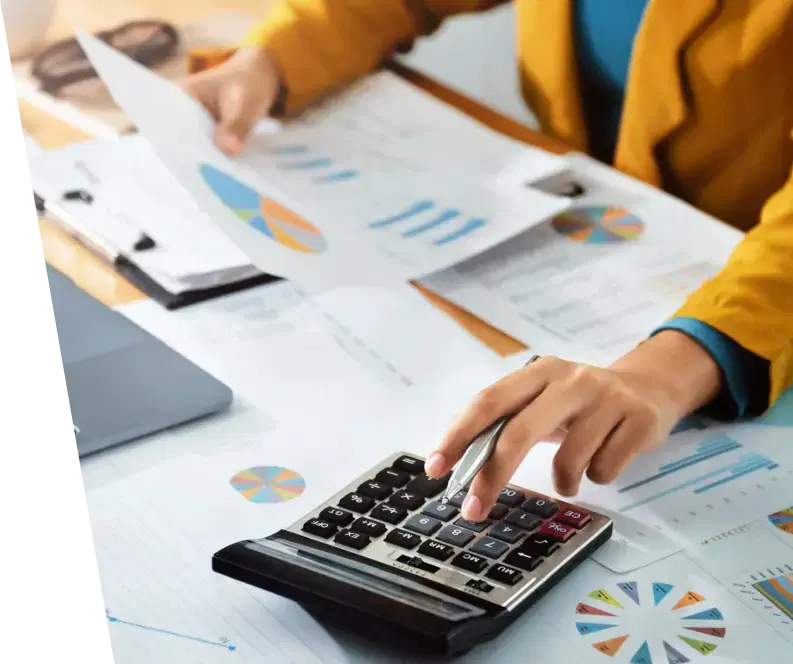Why Your Credit Scores May Drop After Paying Off Debt

Paying off your debts mostly helps enhance your credit scores. However, this is not always the case. It is possible that you can see your credit scores drop after fulfilling your payment obligations on credit card debt or a loan.
However, it does not mean that you should ignore what you owe. The perks of paying your debts are far greater than the drop that you might see in your scores. If you are wondering, “Should I pay off closed accounts on credit report or not, then you must read on. Starting with…
What Elements Affect Your Credit Scores?
In order to understand why you see lower credit scores after paying off debt, consider the elements that go into computing your credit scores. Your scores are dependent on the information from your credit reports, which are produced by each of the three nationwide consumer reporting agencies (CRAs). These CRAs – TransUnion, Experian, and Equifax – get information about your lines of credit, i.e., credit cards, personal loans, and mortgage and auto loans.
Your scores are then calculated based on a formula that determines how likely you are to make your debt payments on a timely basis or your creditworthiness. Credit scores are some factors that lenders might consider when deciding whether to extend credit to you. There are many formulas used to calculate scores. However, a lot of them consider some factors, such as:
Payment History
Your payment history reveals how you have paid off credit in the past. Some behaviors, such as missed or late payments, can negatively impact your scores.
Length Of Credit History
Your credit reports trace the amount of time your accounts have been active. A longer credit history can positively impact your scores.
Newer Lines Of Credit
Any recent credit accounts you have opened are also taken into consideration while calculating your scores.
Credit Mix
The mix of your credit accounts, including credit cards, mortgages, and loans – is generally taken into consideration when calculating your scores, and a diverse credit portfolio can have a promising impact.
Credit Utilization Ratio
The amount of revolving credit you are using is divided by the total credit you have available (credit utilization ratio). Moreover, it can also affect your scores.
Why Your Credit Scores Might Drop After Paying Off Debts?
Paying off debt may reduce your credit scores if removing the debt influences certain factors, i.e., your credit mix, the length of your credit history, and your credit utilization ratio. For instance, paying off only installment loans, i.e., a mortgage or auto loan, can impact your scores negatively by reducing the diversity of your credit mix. Creditors prefer to see that you can manage different types of debts. Paying off your only line of installment credit decreases your credit mix and might ultimately decrease your scores.
Similarly, if you pay off a credit card debt and close off your account, your scores might drop. This is due to your total credit available being lowered when you close a line of credit. It results in a higher credit utilization ratio. Moreover, if the account you closed was your oldest line of credit, it might negatively affect the length of your credit history and cause a drop in your scores.
When Will Your Credit Scores Improve After Paying Off Debts?
Paying off debt is more likely to help your scores than to hurt them. You will see your credit scores elevate after paying off debt unless the debt you repaid meets the unique criteria given above.
How Long After Paying Off Debt Will Your Credit Scores Change?
Generally, the nationwide CRAs get new information from your lenders and creditors every 30 to 45 days. If you recently have paid your debt, then it might take somewhere around a month or so to see any changes in your scores. You can check your scores by signing up at Gifted Financial Services. Here, you will be able to see reports from all three major credit bureaus side by side.
What Happens If I Stop Paying My Credit Cards?
In some cases, your scores might slightly dip from paying off debt, but that does not mean you should ever ignore what you owe. Speaking generally, the damage to your credit scores that result from paying off debt is least likely to be permanent. It is always a great idea to keep up with your debt payments and repay what you owe. The long-term perks to your scores and the ability to live debt-free are totally worth it.
To Sum It All Up!
It might seem like paying off debt is a bad course of action as it can negatively influence your credit score. However, this cannot be far from the mark. Yes, there are some times when your score takes some hit when you pay the debt in full. This dip (only a handful of points) is only temporary. For a lot of individuals who have an on-time payment history, minimal new inquiries, and low credit utilization in contrast to their credit limits, scores get back to the level they were within a few months after paying off a debt.
You need to be very patient throughout the entire process. A few-point drop in your scores due to paying off debt is a temporary bump in the road. In only a few months, you will see the positive impacts of your debt payoff that far overshadow the short-term and restricted impacts.



